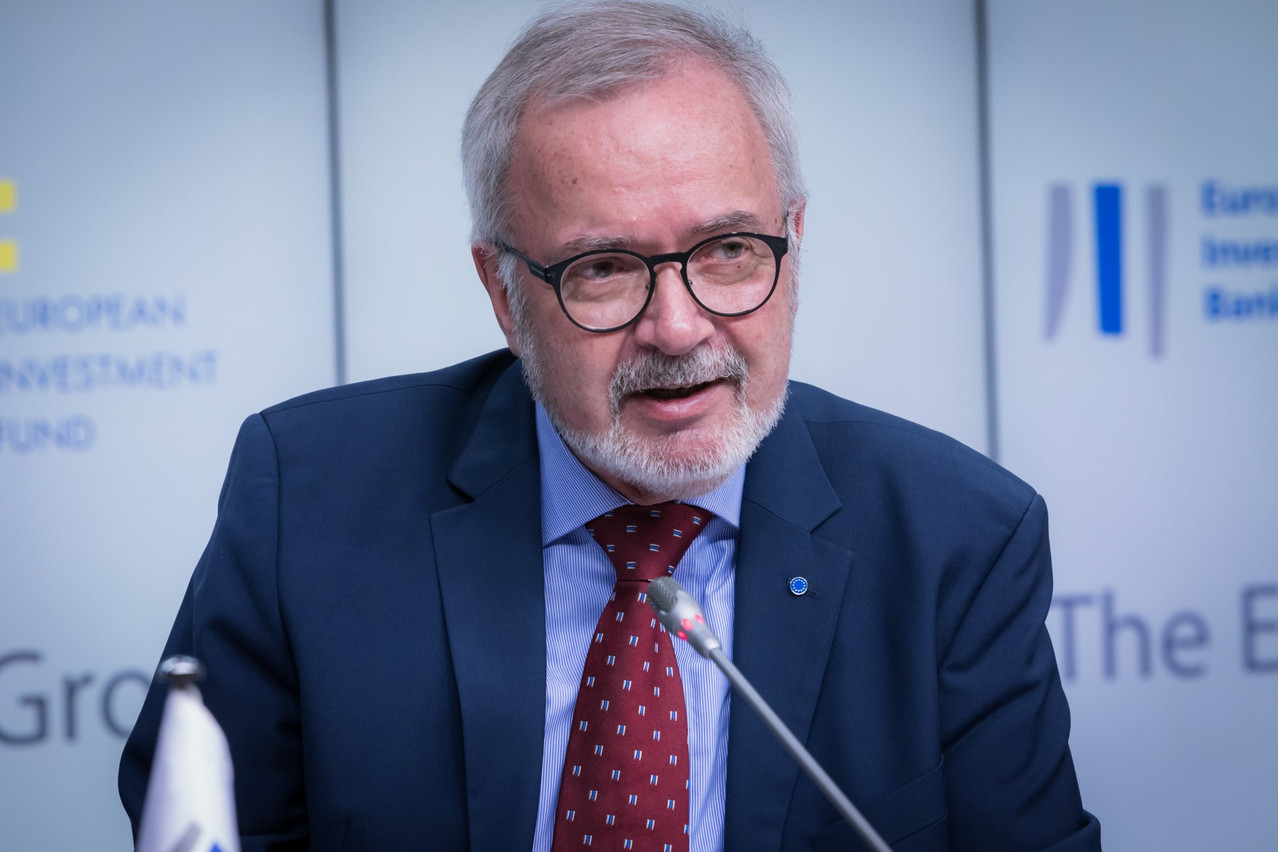“Despite the difficult environment in which we operated, the EIB Group has emerged stronger, delivering new instruments which will provide prosperity to European citizens for decades to come,” Hoyer said in his opening statement.
In total, the EIB Group provided €64.2bn in financing in 2018, supporting investment of €230bn worldwide.
Hoyer cited the EU bank as having increased its focus in two particularly challenging areas, namely closing the innovation gap and climate action.
The figures presented by EIB reveal that of the €64.2bn of financing, around 36% (€23.3bn) went toward SMEs, followed by environment at around 24% (€15.2bn). The remaining was earmarked for innovation (€13.5bn) and infrastructure (€12.3bn).
EFSI under scrutiny
The EIB considers the European Fund for Strategic Investments (EFSI) under the Juncker Plan the “best example of the successful crowding-in of private capital,” according to a press release dated 29 January.
EFSI surpassed its goal of mobilising €315bn of investment by mid-2018 by exceeding €375bn to date, with a new target set for 2020 of €500bn.
However, in a report released by the European Court of Auditors (ECA) on 29 January--the same day as the EIB press conference--the ECA concluded that, while EFSI indeed helped the bank to finance, often at higher risk, projects which might not otherwise have happened, the fund did have some shortcomings. It cited the fact that the “methodology used to estimate the investment movilised overstated, in some cases, the extent to which EFSI support actually induced additional investment in the real economy.”
Moreover, the report states that the “estimate of investment mobilised does not take account of the fact that some EFSI operations replaced other EIB operations and EU financial instruments or the fact that a part of the EFSI support went to projects that could have been financed from other sources, albeit on different terms.
“In addition, action needs to be taken to improve the geographic spread of EFSI supported investment.”
Hoyer addressed the report by saying, “I believe we’ve made considerable progress with the geographical distribution of our lending,” and that the bank wouldn’t change anything, as that would “confirm prejudices”.
Hoyer dismissed the “myth” about the geographical spread, saying it began one year after EFSI when “some bigger countries with strong commercial banks were faster at taking advantage of the possibilities of EFSI.”
In terms of geographical distribution of EIB financing for lending in general, based on GDP, the top five countries were Greece, Cyprus, Portugal, Croatia and Poland, and for EFSI they were Greece, Estonia, Portgual, Spain and Lithuania.
Brexit, outlook ahead
The board of the EU bank has agreed to over €70bn of financing by the group in 2019, 10% higher than in 2018.
With the Brexit deadline of 29 March looming, but still no real indication of when and how Brexit will occur, the bank will lose one of its biggest members. When the UK became an EIB member, it did so with a 16% capital share.
To ensure EIB’s business won’t be impacted by the UK's withdrawal from the EU, the remaining members states are all on board to replace any lost capital following Brexit.
A capital injection will not be necessary; moreover, member states like Poland have expressed interest in having a larger share in the EIB.
Even with these assurances, Hoyer called Brexit “terrible”.
“The UK until this very day is a strong contributor to our activities, in particular when it comes to innovative solutions…” Hoyer said, adding: “We need to drive innovation to ensure Europe remains competitive for the future.”
